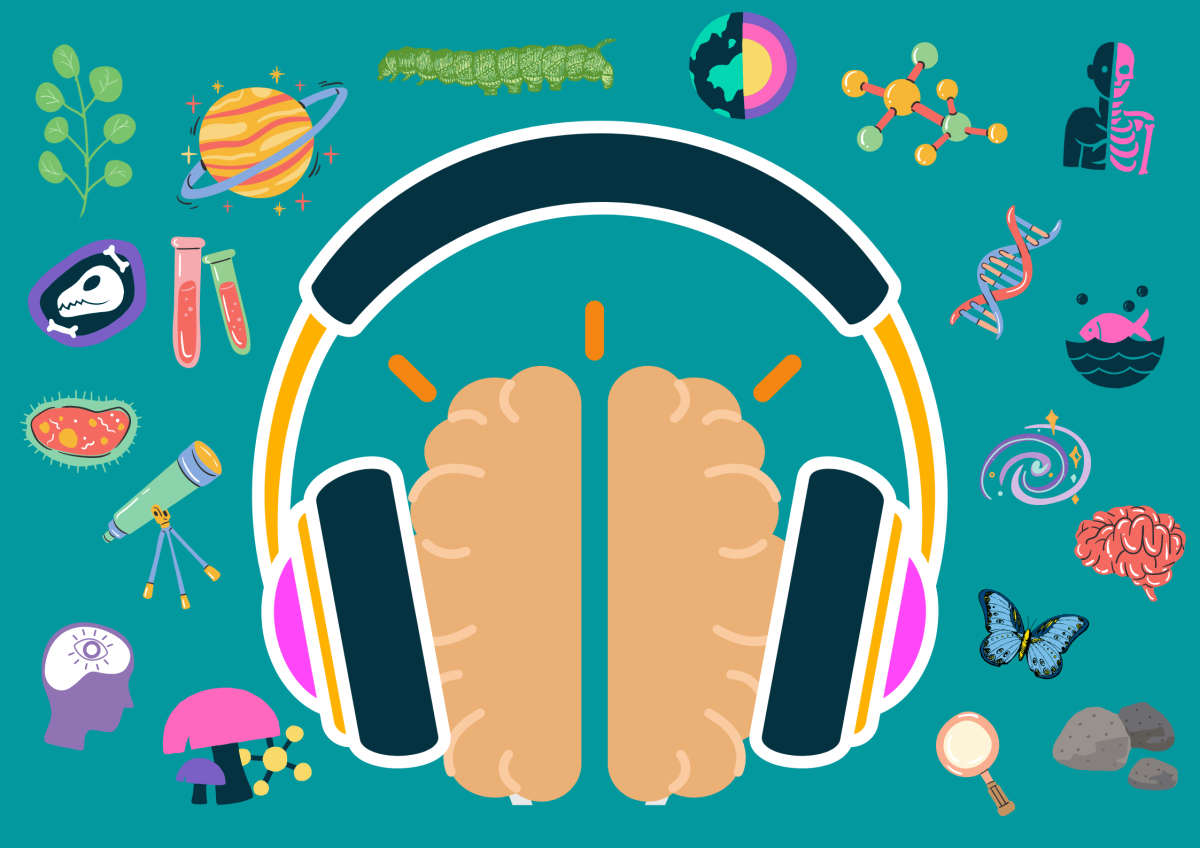From the lab to your ears: The best science podcasts for you

There’s a podcast for just about everything these days, from true crime to ancient history to political commentary. If you’re interested in the world around you, science podcasts will teach you everything by combining in-depth research with entertaining dialogue. Here are a few suggestions to get you started:
CrowdScience
For those who are curious about everything
If you’re intrigued by the world around you and how it works, listen to Crowd Science. The podcast has an explanation for everything: from how we navigate space travel, why songs get stuck in our heads, to why fish are fish-shaped.
In each episode, the hosts interview researchers at the forefront of their scientific discipline, working to find the answers to a wide range of unusual and intriguing questions. Informative and entertaining in equal measure, CrowdScience makes science engaging and accessible for everyone.
The Supermassive Podcast
For those who love space
The Supermassive Podcast from the Royal Astronomical Society answers all your supermassive questions and is about all things space. This podcast explores everything. For instance, the centre of the Earth, and the mysterious ninth planet in our solar system. The hosts take you on a journey across our universe and, with the help of some leading researchers, explore all the peculiar and often ominous things within it.
Ologies with Alie Ward
For those fascinated by fauna and flora
How many different ‘ologies’ are there in the sciences? Find out by listening to Ologies with Alie Ward, the podcast which mixes “a pocket full of science knowledge” with “charming bizarre stories.”
Ward talks to an eclectic mix of people who have dedicated their lives to the most niche of scientific disciplines, from Ciderology to Lutrinology (aka the study of otters). You’ll find their enthusiasm for these topics infectious and you’ll never run out of strange facts to tell.
Overheard at National Geographic
For the earth lovers
Ever wondered what it’s like to visit the sky islands of Guyana, or to camp on the sea ice in the Arctic Circle? Look no further than Overheard at National Geographic, where you can follow those who spend their lives exploring, studying, and documenting life on all corners of our world. Immerse yourself in stories of their adventures all over the globe and find yourself amazed by just how wide, weird and wonderful the planet we live on really is.
Speaking of Psychology
For those who want to understand themselves a bit better
In the words of Michio Kaku, “sitting on your shoulders is the most complicated object in the known universe”. If you’ve ever wondered if your brain works like everyone else’s, Speaking of Psychology is your best bet at finding out.
Each week, a different guest untangles the mechanisms behind our thoughts and feelings and explains the latest psychological research in an audible bite-size format you can understand. Find out just how much influence our siblings have on our lives, learn how paranormal experiences can be explained by psychology, or hear from those with Highly Superior Autobiographical Memory (HSAM) about what it’s like to remember every day of your life. Get to know your brain with Speaking of Psychology.







